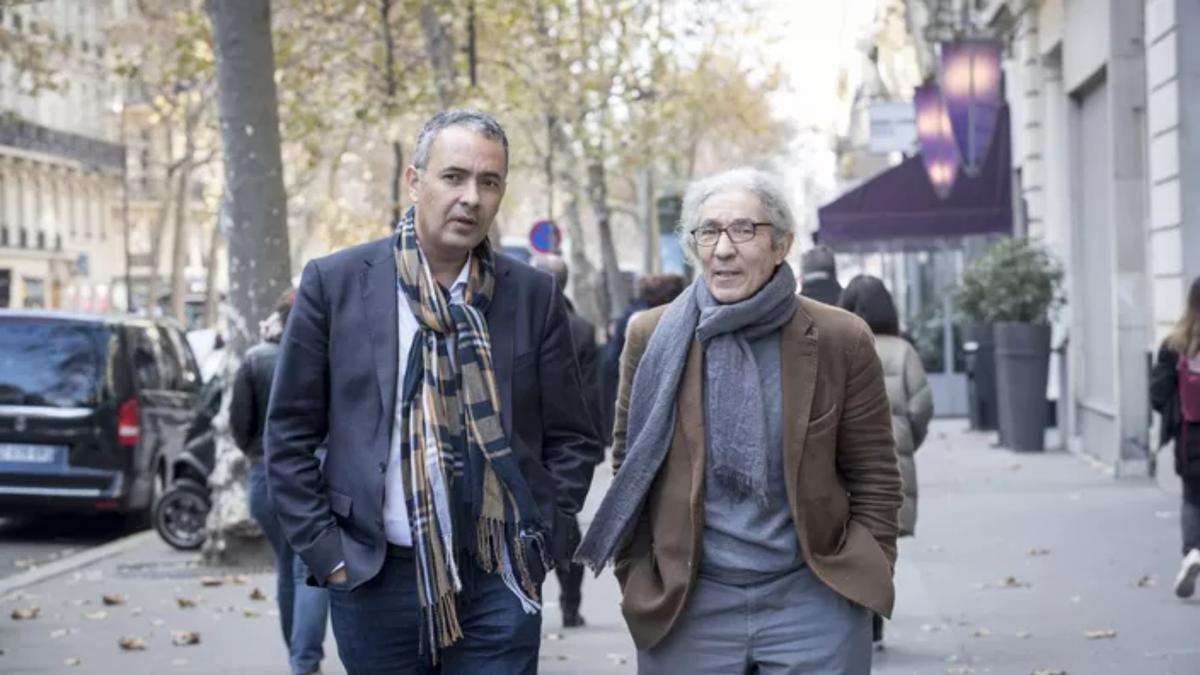
In Algeria,literature is dangerous. Not because it incites violence or spreads falsehoods,but because it remembers what the regime wants to suppress.
Writers who dare to revisit the regime’s authoritarian nature and the country’s darkest chapters- especially the current oppression and the bloody civil war of the 1990s- are silenced,exiled,or imprisoned. The state’s fear of fiction is not about words on a page: it’s about the truths those words reveal.
Take Saïd Khatibi,whose novel La fin du Sahara paints a haunting portrait of a desert town unraveling in the days before Algeria’s 1988 uprising. Through the murder of a singer and the unraveling of a community,Khatibi exposes the rot beneath the surface: corruption,religious extremism,and the erasure of memory.
His book is conspicuously absent from Algerian bookstores and media,a quiet censorship that speaks volumes.
Khatibi’s work is part of a growing literary resistance,where fiction becomes a form of historical reckoning. But in Algeria,the regime has long treated memory as a threat,especially when it challenges the official narrative.
Boualem Sansal,one of Algeria’s most acclaimed novelists,was sentenced to five years in prison earlier this year for “undermining national unity.” His crime? Giving an interview in which he questioned Algeria’s colonial borders. Sansal’s novels,including 2084 and Le Serment des barbares,have long critiqued authoritarianism and religious extremism. Now,his voice is being silenced by the very forces he warned against.
Kamel Daoud,winner of the 2024 Prix Goncourt,faces a similar fate. His novel Houris,which explores the trauma of a woman who survives an Islamist massacre during the civil war,is banned in Algeria. The government has issued international arrest warrants against him.
These cases are not isolated. Algeria has a long history of repressing writers who challenge its sanitized version of history. Journalist Mohammed Benchicou was jailed for writing a critical biography of former President Bouteflika. Feminist authors like Assia Djebar and Maïssa Bey have faced marginalization for confronting both Islamist and state violence. And Tahar Djaout,a journalist and poet,was assassinated in 1993 for refusing to stay silent.
The irony is that the current regime still wraps itself in the flag of the war of liberation,invoking its legacy to justify its authority. Yet,many of the genuine leaders of that resistance- those who fought for freedom,dignity,and democracy- were eliminated,sidelined,or silenced in the years following independence by the same regime that continues to ruthlessly rule Algeria today. The revolution was betrayed,and its memory now serves as a shield for repression rather than a beacon for justice.
The answer lies in the unresolved trauma of the Black Decade,a civil war that claimed over 200,000 lives. The regime’s legitimacy rests on the narrative that it saved the country from Islamist chaos. But this narrative omits the state’s own role in the violence,the disappearances,the torture,and the complicity. Revisiting the past threatens to unravel the myth of national unity and with it,the foundations of power.
In 2006,Algeria enacted the Charter for Peace and National Reconciliation,which criminalizes any attempt to revisit the atrocities of the civil war. It was a political move to bury the past,not heal from it. Writers who refuse to comply are branded as traitors,destabilizers,or enemies of the state.
But memory cannot be legislated. And literature,even when banned,finds ways to endure.
United News - unews.co.za